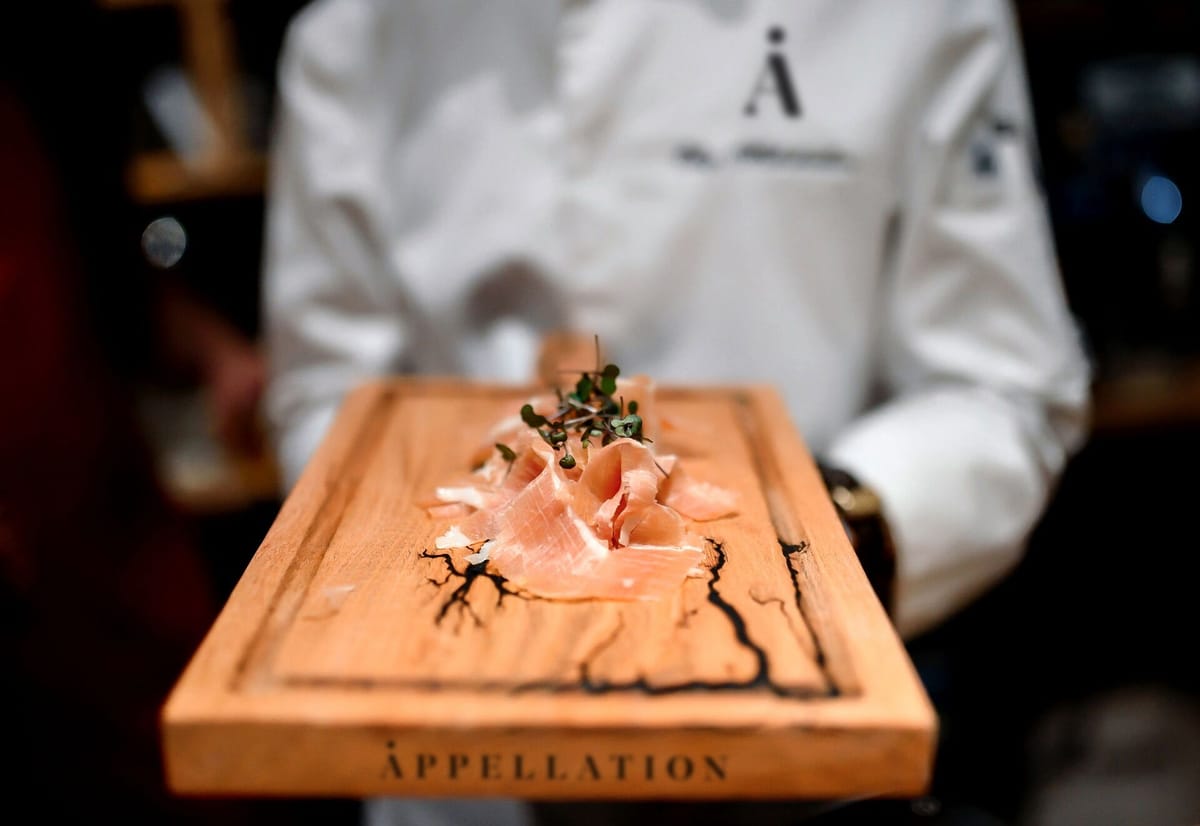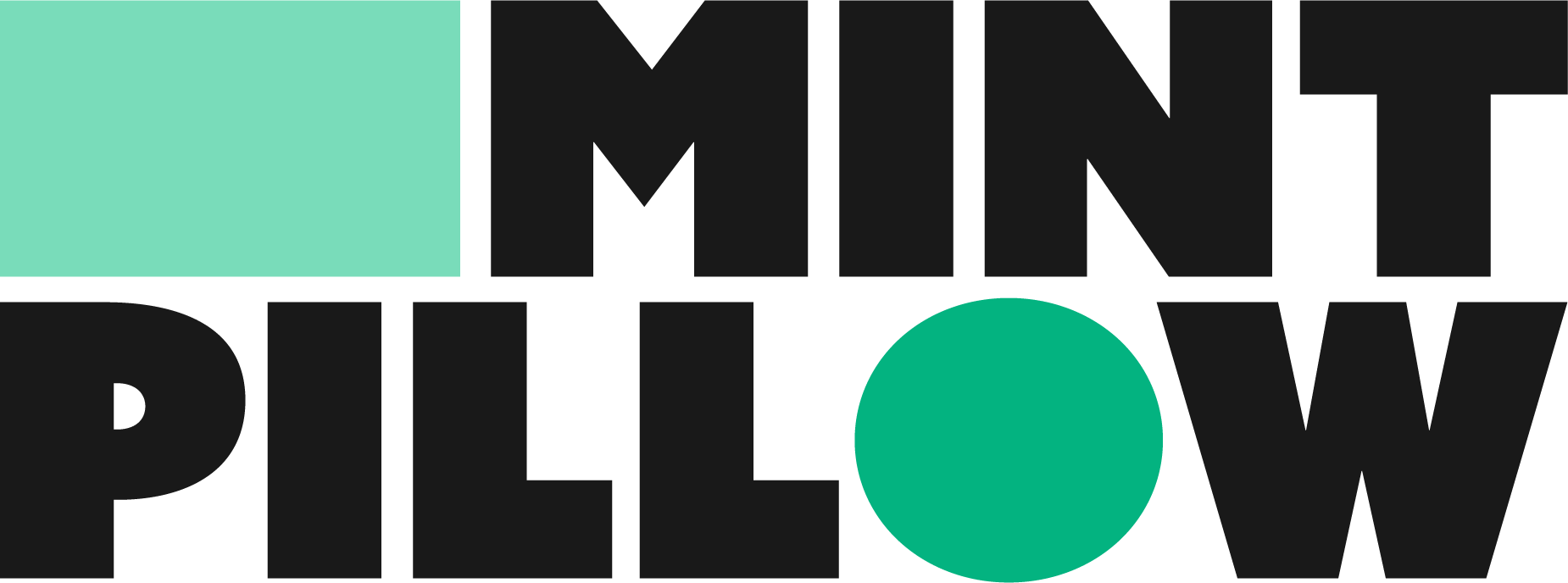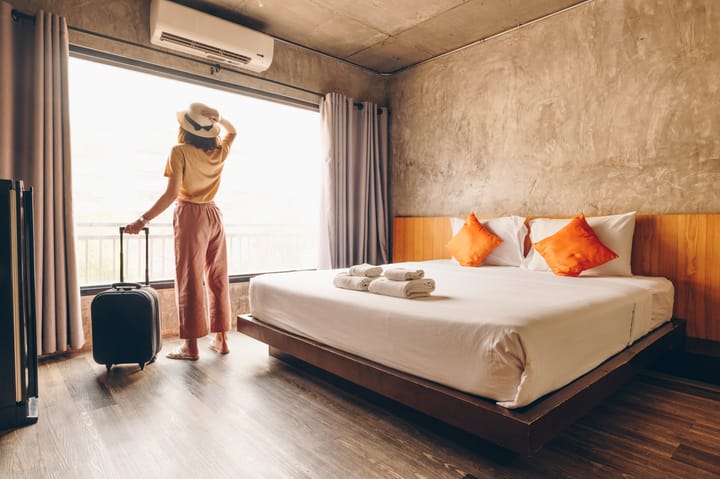What's your succession plan?
Plus: You're sitting on a data goldmine. Here's how to use it.

If there’s a theme this week, it’s this: the future favors those who plan ahead. With L.A.’s new wage hikes on the horizon, it’s a good time to revisit your staffing strategies and cost planning. Meanwhile, opportunity zones are offering rare long-term perks for investors willing to play the waiting game. And succession planning? It’s not just for big brands—it’s how you protect everything you’ve built and ensure your brand thrives, no matter who's at the helm.
But first: A cult-favorite Indian restaurant opens a hotel in the U.K.—and yes, the room service is next-level.

An Ace up their sleeve? Ace Hotel is on the market, and Japan’s Seibu Prince Hotels is emerging as a potential buyer. The deal signals a possible new chapter for one of the most influential names in boutique hospitality.
Money woes. A new law in L.A. mandates escalating hotel wages up to $30/hour by 2028—with enforcement paused for now as a major referendum challenge plays out. For indie hotel operators, it's a wake-up call to review labor strategies and budgets long before the debate lands on the ballot.
Stop the scroll. Need a push to hit publish? Skip the perfect post and be relatable, instead.
Design diva. Who knew sketching floor plans on graph paper would lead to transformative, era-defining projects like reimagining the Waldorf Astoria New York? In this Hospitality Design "What I've Learned" podcast, Chantell Walsh, vice president of design & construction at Strategic Hotels & Resorts, discusses the balance between creativity and financial strategy in luxury hotel design.
5 stars. At the second annual World's Best Summit earlier this month, Travel + Leisure asked travel pros to name their ultimate hotel obsessions. Was your favorite mentioned?

'Make the direct channel as attractive and frictionless as possible'
If you think AI is only for the big chains, Mercedes Blanco might make you change your mind. As chief partnerships officer at The Hotels Network, she’s a hospitality-tech powerhouse with a passion for helping independent hotels thrive. She blends deep industry know-how with a refreshingly accessible approach, offering real, actionable tips to plug AI into your day-to-day operations (without losing your personal touch). Here, she shares smart, simple ways to make AI your ally. —Jennifer Glatt
What’s the most immediate AI opportunity independent hotels are missing today and how can they start implementing it without major investment or disruption?
Leveraging AI for intelligent website personalization and conversion optimization, as websites are often a static brochure. Platforms like The Hotels Network tools are designed for this. These [tools] are often subscription-based SaaS solutions requiring minimal IT setup.
How can smaller, indie properties use AI to personalize the guest experience to drive loyalty and repeat bookings?
Use AI to personalize the guest experience by powering intelligent offers based on what [guests] browse, implementing AI chatbots, automating pre-stay emails/messages integrated with CRMs or PMS, upselling and cross-selling at the optimal time, and of course, [conducting] sentiment analysis of guest feedback post-stay.
What are some simple, effective ways to use AI to increase direct bookings and reduce reliance on OTAs?
The core idea here, strongly championed by THN, is to make the direct channel as attractive and frictionless as possible. Using AI to dynamically show the right message and offer to the right user at the right time on your direct website is key; you can identify users who started but didn't complete a booking and trigger personalized follow-up emails or messages with a gentle reminder or a specific incentive.
For hotel teams with limited tech resources, what are the easiest starting points for using AI to streamline back-office operations like reporting or forecasting?
Many modern RMS solutions integrate AI to dynamically adjust pricing based on real-time demand, competitor rates, local events and historical data. Look for business intelligence tools that use AI to surface key trends and insights from your data. Some platforms can use AI to predict staffing needs based on occupancy forecasts, event calendars and historical labor data, helping to optimize schedules and reduce over/understaffing without complex manual calculations.
How can independent hoteliers introduce AI tools without compromising their unique brand voice or the human touch guests expect?
This is a critical concern for independent hotels that pride themselves on personalized service. The key is using AI to augment the human touch, not replace it. Here's how:
Train AI with your brand voice: When implementing AI chatbots or personalized messaging systems, ensure they are configured with your hotel's specific tone, language and values. Many AI platforms allow for extensive customization of responses.
Define clear boundaries for AI: Use AI for repetitive, transactional or informational tasks, freeing up your human staff to handle complex requests, build rapport and deliver genuine hospitality. AI should answer "what time is check-out?" so a human can have a meaningful conversation about a guest's special anniversary.
Always provide a human handover: Ensure that any AI interaction can seamlessly transition to a human agent when needed. Guests should never feel trapped in an automated loop. Communicate transparency: Inform guests about the use of AI tools (e.g., "Our virtual assistant is here to help you 24/7") but emphasize that human staff are always available.
Is there anything else you’d like hoteliers to know?
AI is no longer a luxury for large hotel chains; it's an accessible necessity for independent properties looking to compete effectively in the digital age. By embracing AI strategically, independent hotels can punch above their weight, offering highly personalized experiences and driving direct revenue.
Focus on the direct channel: Making the direct booking experience seamless, personalized and competitive with OTAs.
Start small and iterative: Hoteliers don't need to overhaul their entire tech stack. Start with low-investment, high-impact AI applications like website personalization, smart chatbots or automated revenue management tools.
Data is your gold: AI thrives on data. Even small independent hotels collect valuable guest data (booking history, preferences, feedback). AI tools can help extract actionable insights from this data that would be impossible for humans to process manually.
Education and adaptation: The landscape of AI is constantly evolving. Hoteliers should invest in understanding the potential of AI and be open to adapting their strategies to leverage new tools and technologies as they emerge.


All the pasta-bilities
The Appellation Healdsburg (Calif.) resort—set to open in September—blends boutique luxury with serious culinary ambition. Led by Charlie Palmer and Christopher Hunsberger, the experience is designed to celebrate Sonoma’s flavors and hospitality traditions. The deliciously culinary-forward approach is a vivid reminder that a great meal isn’t just a perk—it can be the centerpiece of your brand.
Why it matters: Guests arrive immersed in culinary culture—checking in at a butcher-block station and immediately receiving a tasting bite and sip—setting the tone for the stay from the first moment. For hoteliers, Appellation illustrates the power of making food the centerpiece—not just an amenity—creating an emotional and experiential anchor that supports higher occupancy, premium pricing and an amplified local reputation. (Hotel-Online)

Time is on your side
Opportunity Zones are now here to stay, which is good news for hotel developers looking for smart ways to stretch capital. With the opportunity to defer taxes now and potentially eliminate them down the road, long-term holds are looking more attractive than ever because in today’s high-cost environment, OZs offer a rare incentive for playing the long game.
Why it matters: If you’re planning a hotel project and looking for creative ways to improve your financing stack, Opportunity Zones might be worth a closer look. OZs let you defer capital gains taxes and, if you hold the property for 10 years, avoid taxes on future appreciation altogether. That’s a strong reward for the kind of patience hotel projects already demand. With rising interest rates and construction costs, every bit of long-term value matters, and OZs can help you unlock better returns while attracting more flexible, tax-savvy investors. (Hotel Investment Today)

Connect the dots
Imagine truly understanding your guests—from booking to checkout—by connecting the data you already have. Recent research shows that sharing insights across systems can supercharge personalization and unlock new revenue streams.
Why it matters: You already collect plenty of first‑party data—reservations, loyalty activity, on‑property preferences—but too often it sits disconnected across systems. By breaking down these silos and integrating your guest data, you can build a unified guest profile that enables personalized service at every touchpoint. True data collaboration—bringing together insights from booking platforms, loyalty programs, operations and even trusted third-party partners—lets you better anticipate guest needs and deliver standout, tailored experiences. (Hotel Dive)

Follow the leader
Passing the torch shouldn’t mean dropping the ball. For business built on people, a smart succession plan keeps your guest experience seamless and your brand identity intact. In hospitality, where service and consistency are everything, the right plan keeps guests happy and your team confident.
Why it matters: The absence of structured succession planning is a strategic blind spot, with 60% of organizations lacking a CEO succession plan and only 14% feeling fully prepared, according to Alice Sherman, executive vice president & managing director, Americas, at HVS Executive Search. That gap puts guest satisfaction, brand consistency and operational stability at risk—especially when leaders depart unexpectedly. By embedding succession into your company DNA through internal leadership pipelines, rotational development and mentorship, you build continuity and morale while reducing turnover costs and service disruption. "Real readiness," Sherman says, "is about cultivating a deep bench of future leaders." (HVS)
Thanks for reading today's edition! You can reach the newsletter team at newsletter@mintpillow.co. We enjoy hearing from you.
Interested in advertising? Email us at newslettersales@mvfglobal.com
Mint Pillow is curated and written by Jennifer Glatt and edited by Lesley McKenzie.




